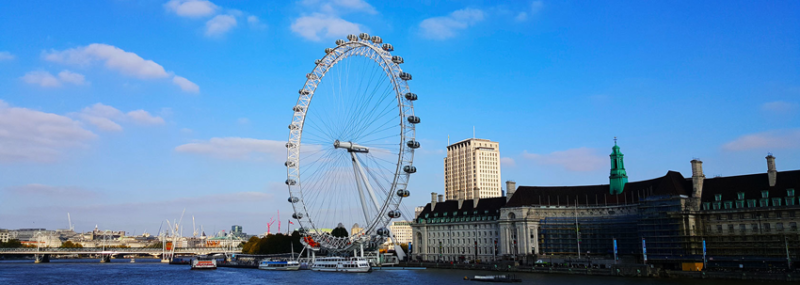The London property market has long been regarded as a unique and somewhat enigmatic entity. With its sky-high prices, relentless demand, and exclusive neighborhoods, it has earned a reputation as a law unto itself. This article delves into the intricacies of the London property market, exploring the factors that make it distinct from other real estate markets around the world.

Astronomical Prices:
London’s property prices are notorious for their astronomical levels. Owning a home in the capital has become increasingly unattainable for many, particularly first-time buyers. The ever-increasing demand coupled with limited supply has created a scenario where owning property in London has become a symbol of affluence and status.
Prime Locations and Exclusive Neighborhoods:
The city is dotted with exclusive neighborhoods that attract high-net-worth individuals and international investors. Areas like Knightsbridge, Mayfair, and Kensington boast luxurious properties and are home to some of the world’s wealthiest individuals. The concentration of affluence in these areas has driven up property prices and created an environment where exclusivity reigns supreme.
Foreign Investment and Global Appeal:
London has always been a global financial hub, attracting investors from around the world. Foreign buyers, especially from the Middle East, Russia, and Asia, have played a significant role in the London property market, driving up prices in prime locations. The global appeal of London as a city with rich history, cultural diversity, and economic opportunities makes it an attractive destination for real estate investment.
Buy-to-Let Market:
The London property market has also seen a thriving buy-to-let sector. With high demand for rental properties, investors have flocked to purchase homes and apartments for the purpose of renting them out. This has further exacerbated the shortage of affordable housing options for local residents and contributed to the rising prices.
Planning Regulations and Property Development:
The strict planning regulations in London have posed challenges for property development and expansion. The scarcity of available land, difficulty accessing property services and the preservation of historical buildings have made it difficult to meet the housing demand. This has led to the conversion of existing buildings into residential units, such as office-to-residential conversions, as a means to increase housing supply.
Market Volatility and Economic Factors:
The London property market is not immune to market volatility and economic factors. It has experienced its fair share of booms and busts, with fluctuations in prices influenced by factors like interest rates, government policies, and global economic conditions. While the market has shown resilience over time, sudden changes can impact property values significantly.
The London property market stands as a unique entity within the world of real estate. Its exorbitant prices, exclusive neighborhoods, and international appeal contribute to its reputation as a law unto itself. While it offers immense opportunities for investors and homeowners, it also presents challenges, including housing affordability and a scarcity of supply. Understanding the dynamics and intricacies of the London property market is crucial for navigating this fascinating and complex landscape.